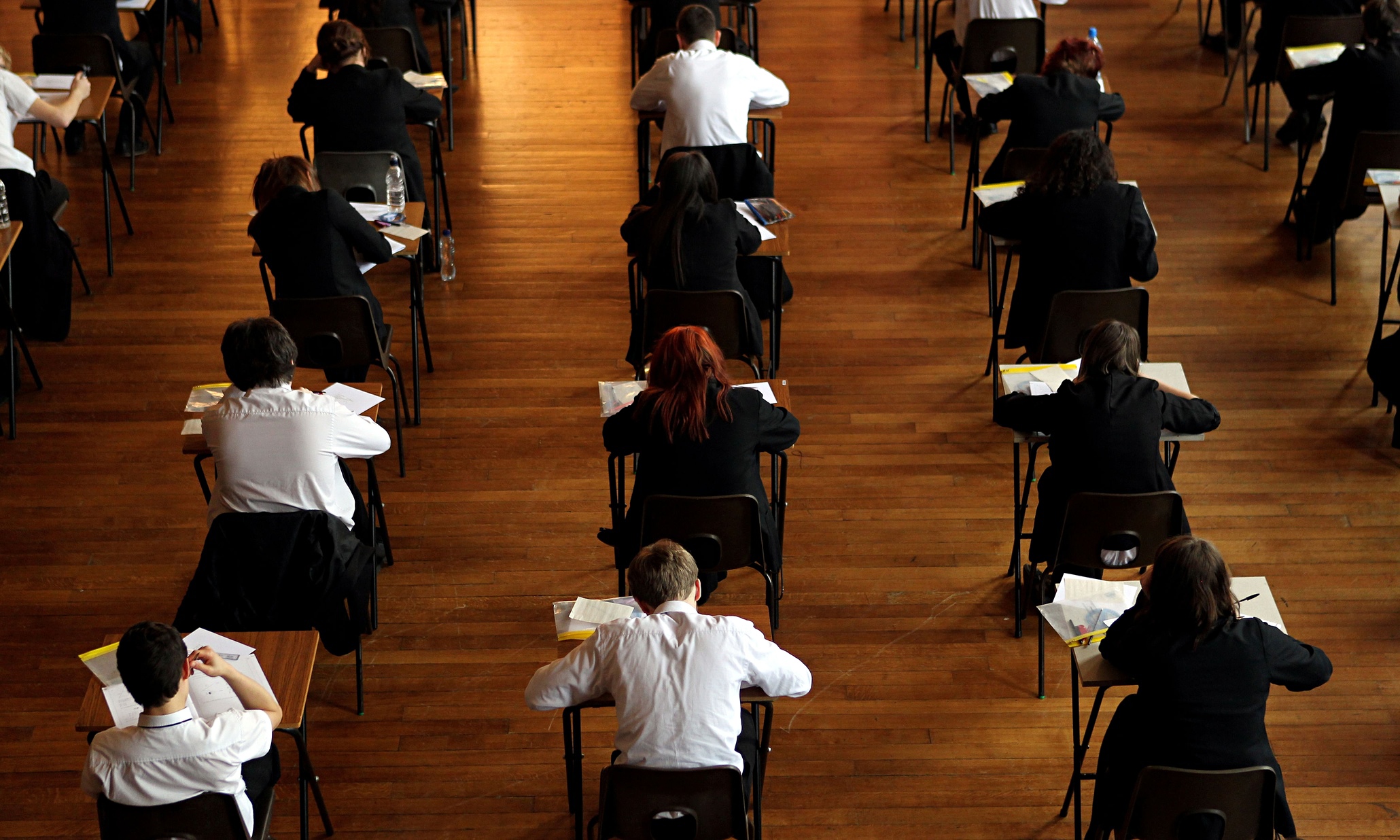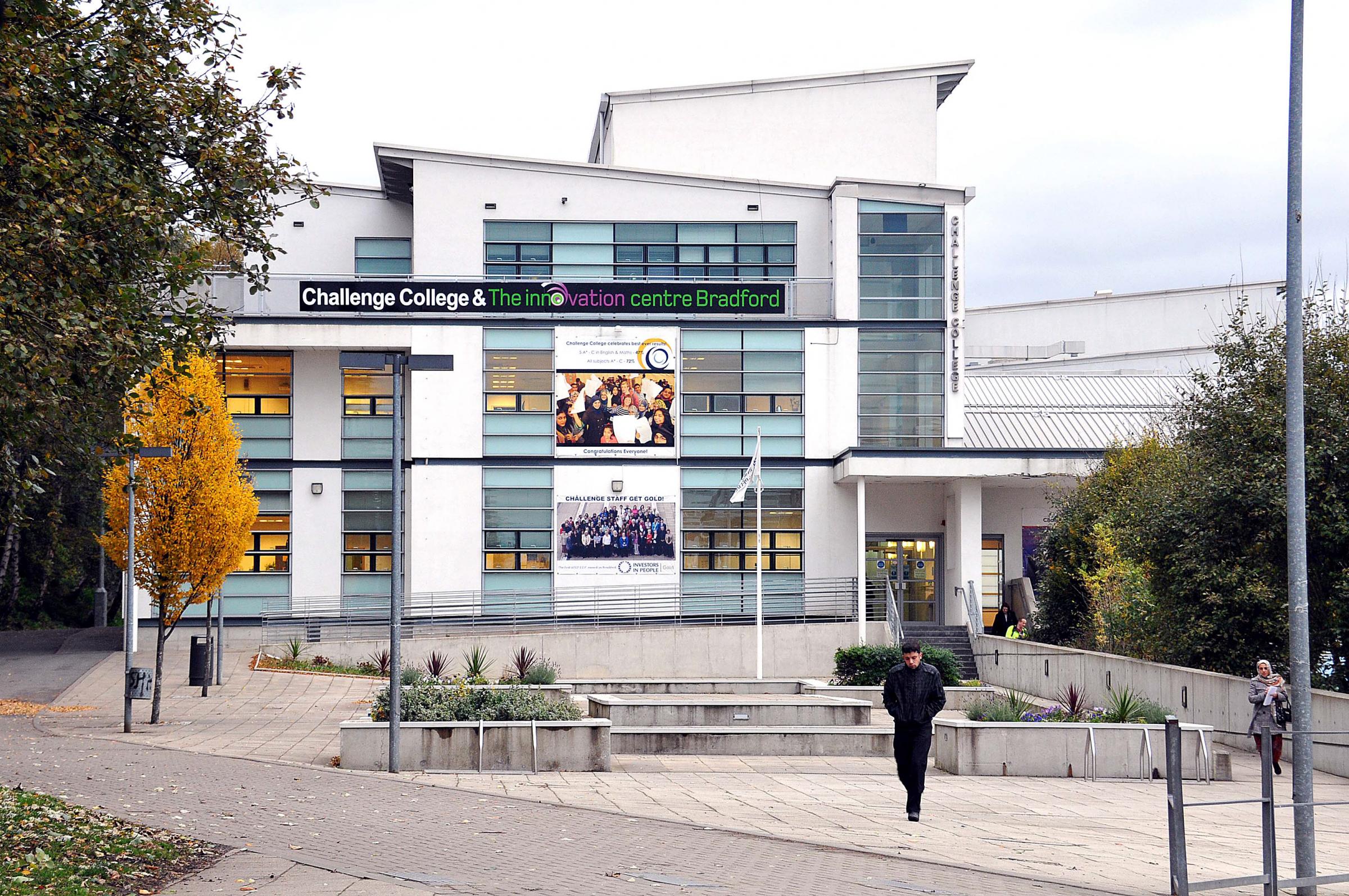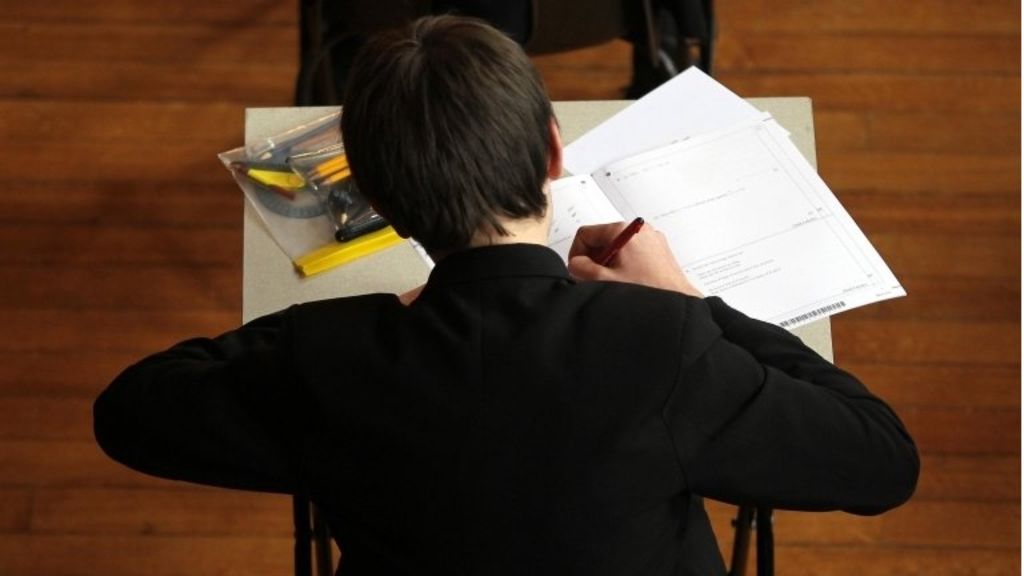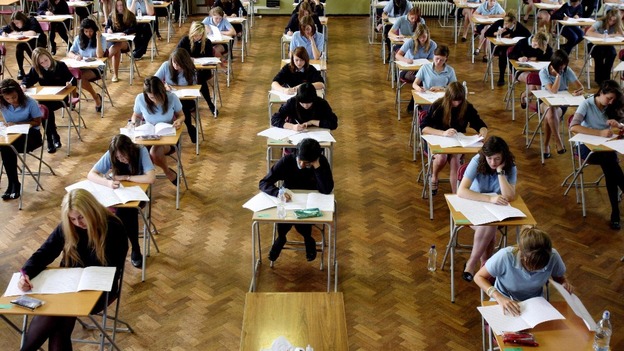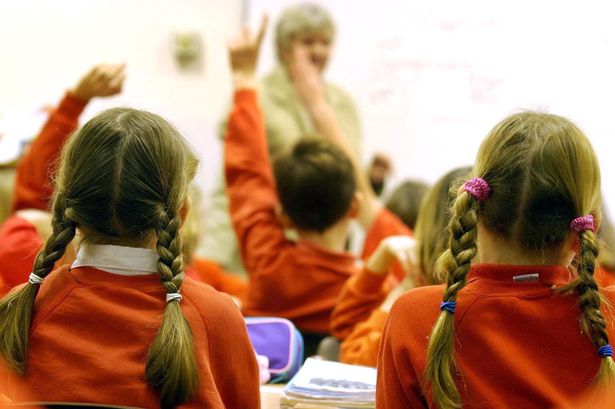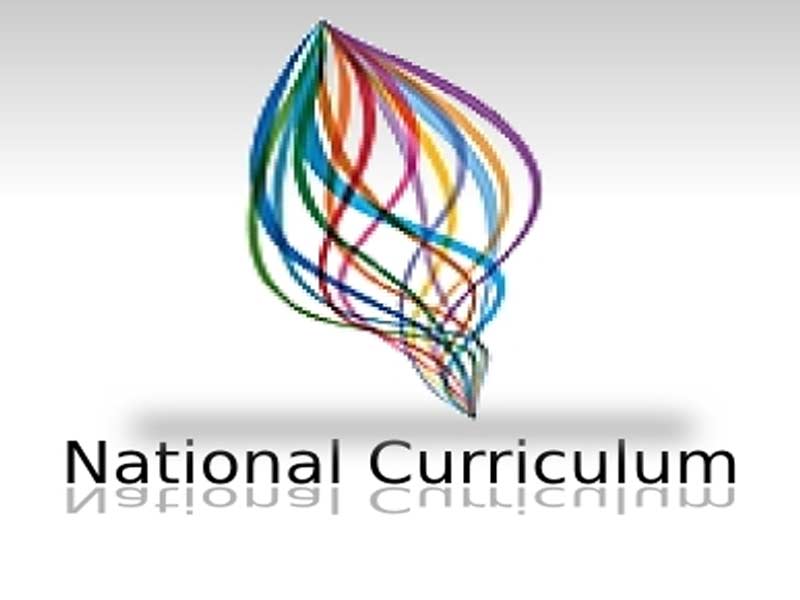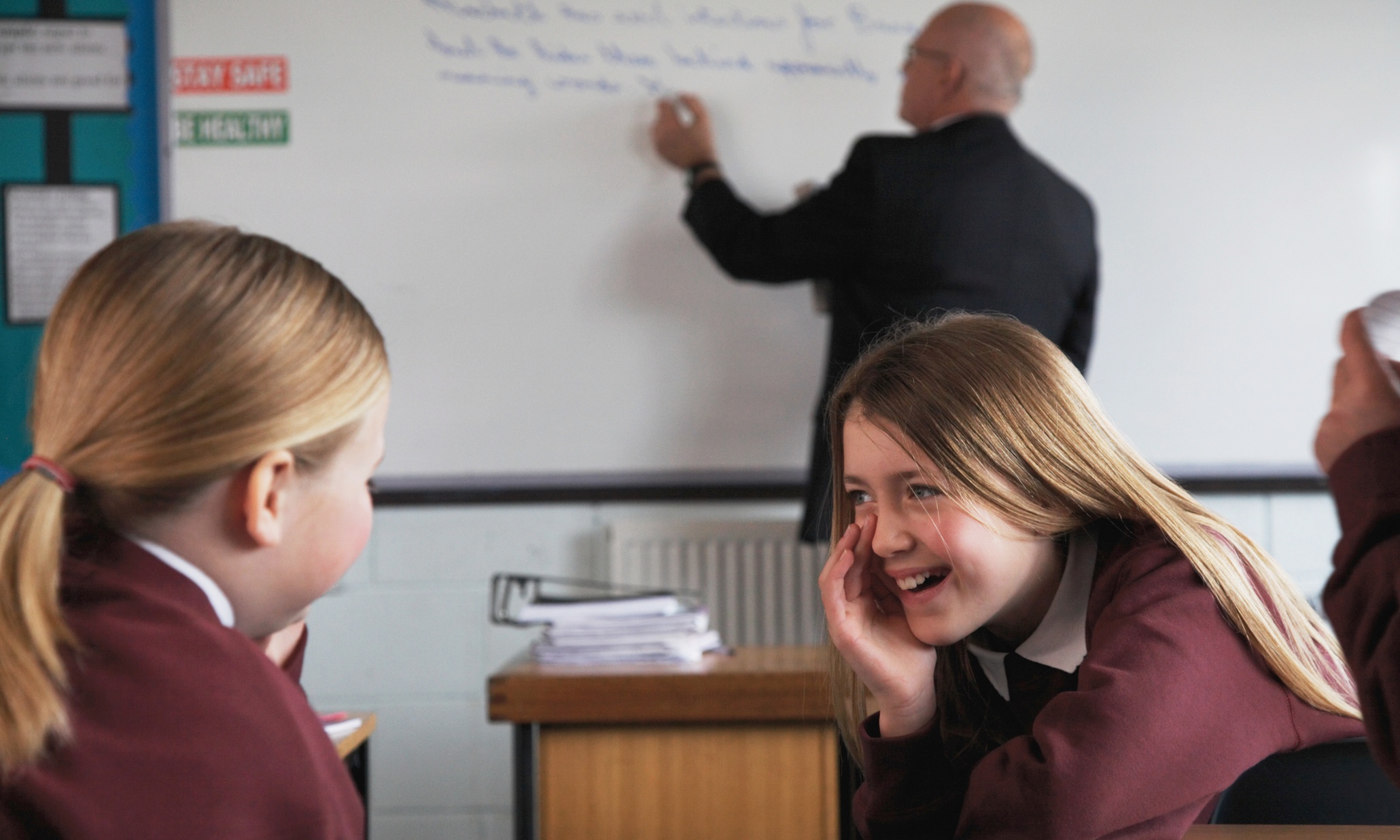200 Secondary Schools Failing To Reach Target For GCSE Passes
Nearly 200 secondary schools are on a Government “hit list” after failing to reach its minimum target for GCSE passes, exam league tables showed today.
In England, around 195 schools had failed to get 40% per cent of their pupils to obtain five A* to C grade passes at GCSE including maths and English. Publication of this year’s league tables led to a “health warning” from leaders of the country’s secondary schools.
Brian Lightman, general secretary of the Association of School and College Leaders, said a number of schools had only failed to reach the target as a result of last year’s GCSE English grading fiasco, where the boundary for a C grade pass was raised between the January and June sittings.
“This year’s performance data has been skewed by the issues with GCSE grading, particularly English,” he said. The High Court is set to rule later this month on whether there should be a judicial review of last year’s grades.
Schools that cannot rich the target of 40% can face closure or been forced to be academies with the headteacher facing the sack. If the figure had been raised to 40 per cent last year, a further 51 schools would have been on the list.
A list of the bottom 200 schools with the worst GCSE results includes around 60 of the Government’s academies, even though, overall, academies saw a 3.1 percentage point improvement in their results – five times as much as the average improvement.
“Michael Gove (the Education Secretary) will be facing a dilemma as to how he addresses the number of academies that are failing his imposed floor targets,” said Christine Blower, general secretary of the National Union of Teachers.“Local authorities no longer have the right to step in and address issues in academies such as falling standards. This is now the responsibility of the Secretary of State who, it would appear, is going to be kept quite busy.”
On the question of schools failing to get pupils to obtain two A’s and a B grade at A-level in “facilitating” subjects for top universities, Dr Wendy Piatt, director general of the Russell Group, which represents 24 of the most research intensive higher education institutions, said: “We agree A-level choices really matter.
“Too few students realise that some subjects and subject combinations can keep open wider degree course options at leading universities.”
Just a few pupils, around one in six state, qualify for the Government’s new English Baccalaureate, exam league
The results tables show only 16 per cent obtained top grade A* to C grades in the five subjects covered by the EBacc; English, maths, the sciences, a foreign language and a humanities subject – history or geography.
The figure is only a one percentage point increase on last year’s league tables despite tremendous pressure on headteachers to put pupils in for the five subjects.
Colyton Grammar school in Devon has 117 pupils that obtained at least five top grade passes in GCSE.
The bottom school, though, was also a selective state grammar school – Pate’s in Cheltenham – but this was because it refused to enter pupils for the GCSE English exam on the grounds it did not stretch them enough.
“We decided to move our English curriculum to an IGCSE (available internationally and based on old O-level lines), not currently counted in the league tables, because we decided that particular curriculum included a greater depth of learning – having fewer texts but students looking at them in greater detail,” said headteacher Russel Ellicott.“We are secure in the knowledge that we have chosen the right curriculum.”
The figures also show a growing number of academies are offering the EBacc, 88 per cent, an increase of six percentage points on the previous year.

